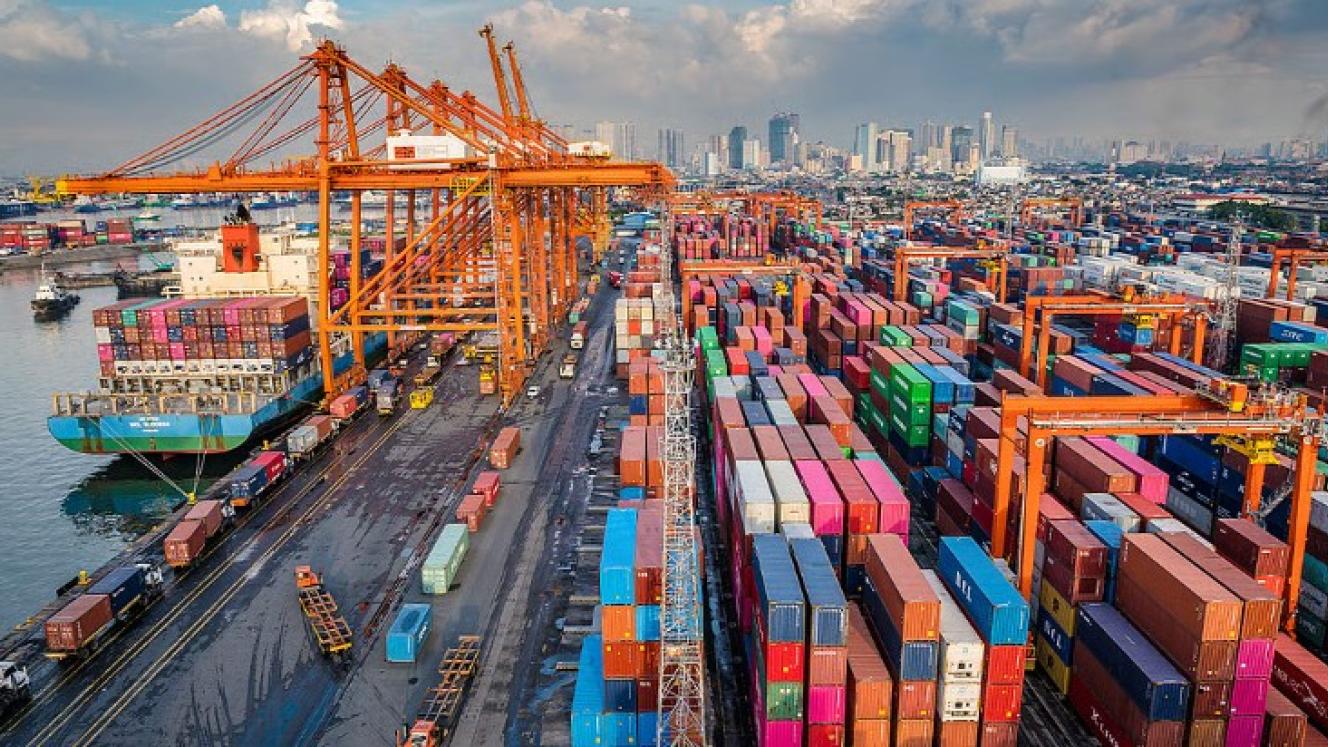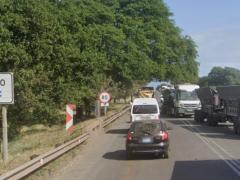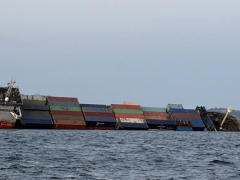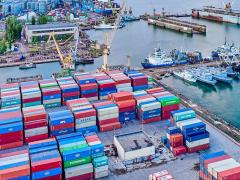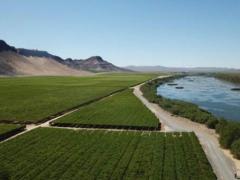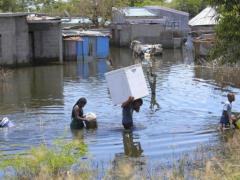South Africa should not experience wheat shortages due to the war in Ukraine, although prices are expected to rise on the back of the spiralling cost of inputs such as fertilizer.
Agbiz chief economist, Wandile Sihlobo, writing in his latest blog, said local farmers had produced a bumper wheat crop in the 2021/22 season, allaying fears of shortages.
Sihlobo said wheat yields had developed significantly in recent years after crops of under two tonnes per hectare were recorded in 1997/98 and previous years.
“Currently, the yields are 4.3 tonnes per hectare as of the 2021/22 production season. As a result of improved profitability, South African wheat production has remained relatively large, and the 2021/22 crop was the largest in 20 years, about 2.3 million tonnes,” Sihlobo said.
“This harvest materialised as a result of both South African farmers’ better farming practices and favourable weather conditions, which boosted yields. This also helped reduce the volume of imports South Africa required in the 2021/22 marketing year to 1.48 million tonnes, from 1.52 million tonnes in the 2020/21 marketing year,” he said. SA’s current import volumes meet approximately half of the country’s annual wheat needs.
“Fortunately, for the near term, the country’s millers and food processors have now brought 704 050 tonnes of this volume into our shores as of the week of March 11,” said Sihlobo. The 2021/22 marketing year will end in September.
However, he added that there were questions about whether local farmers would increase wheat plantings in areas where the crop could grow.
Wheat is a winter crop, and the crop season starts at the end of April, when data about farmers’ intentions to plant wheat will be released. The Crop Estimates Committee will release the data on 26 April.
Sihlobo said he had attended an “uplifting meeting” with grain farmers’ representatives on Friday during which he had assessed sentiments ahead of the 2022/23 wheat, and other winter crops, season.
“Like all farmers, they are concerned about the rising fertiliser, fuel and agrochemicals costs. Still, there was optimism that the South African farmers would get on with business and till the land when the season starts. Hopefully, the weather conditions will bless the country again with good rains in the winter crop-growing areas. I am positive that we could also see an increase in plantings in the Free State and Northern Cape, as the recent heavy rains have boosted soil moisture in these areas,” he said.
“As for the domestic wheat supplies, over the foreseeable future South Africa shouldn’t have shortages amid the Russia-Ukraine war and the disruption it has caused in the global grains market.”
However, he said there was a potential risk of an uptick in wheat product prices due to the rising cost of fuel and inputs such as fertiliser.

